
- Courses
Browse by Domains
- Data Analytics & Visualization
-
-
- Explore more courses
Data Analytics & Visualization
-
-
Learn for free
Get access to in-demand skill courses for free!

-
-
-
- Web Development
-
-
- Explore more courses
Web Development
-
-
Learn for free
Get access to in-demand skill courses for free!

-
-
-
- Data Science & Machine Learning
-
-
- Explore more courses
Data Science & Machine Learning
-
-
Learn for free
Get access to in-demand skill courses for free!

-
-
-
- UI/UX Design
-
-
-
-
Learn for free
Get access to in-demand skill courses for free!

-
-
-
- Programing Language
-
-
- Explore more courses
Programing Language
-
-
Learn for free
Get access to in-demand skill courses for free!

-
-
-
- Graphic Designing
-
-
-
-
Learn for free
Get access to in-demand skill courses for free!

-
-
-
- DSA (Data Structure and Algo.)
-
-
-
-
Learn for free
Get access to in-demand skill courses for free!

-
-
-
- DevOps
-
-
-
-
Learn for free
Get access to in-demand skill courses for free!

-
-
-
- Docker and Kubernetes
-
-
-
-
Learn for free
Get access to in-demand skill courses for free!

-
-
-
Partner Programs
- Red Hat Certifications
-
-
- Explore More Certifcations
Red hat certifcations
Your pathway to a future proof career
-
-
Learn for free
Get access to in-demand skill courses for free!

-
-
-
- Internship
Internship Programs
- All
- 6 Months
-
-
- Explore all internships
6 Months
-
-
Learn for free
Get access to in-demand skill courses for free!

-
-
-
- 3 Months
-
-
- Explore all internships
3 Months
-
-
Learn for free
Get access to in-demand skill courses for free!

-
-
-
- About Grras
- Services
- Workshop
- Hire From Us

















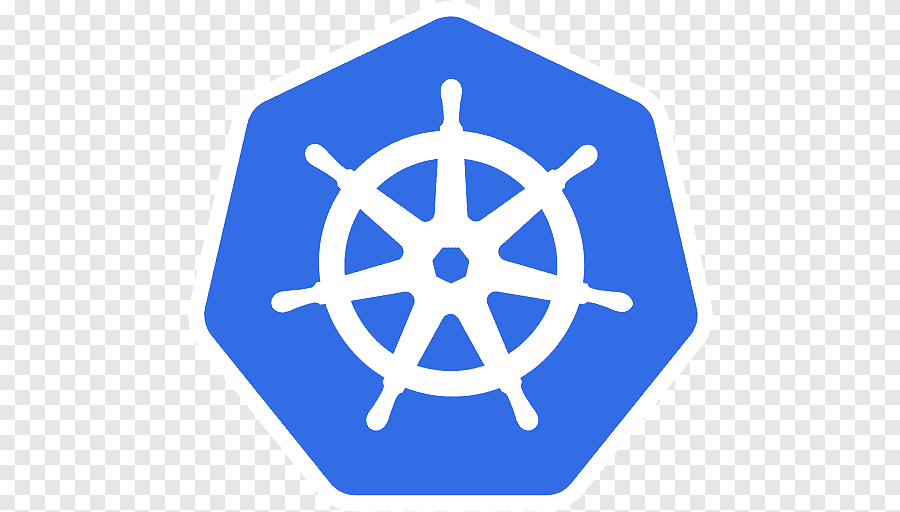
























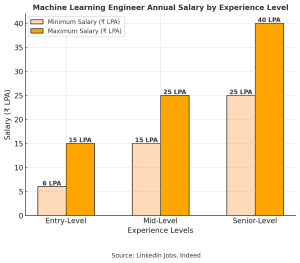

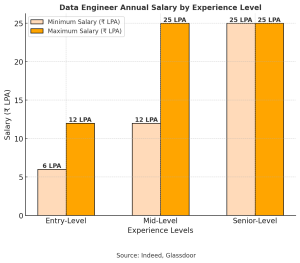

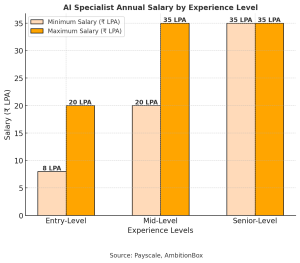

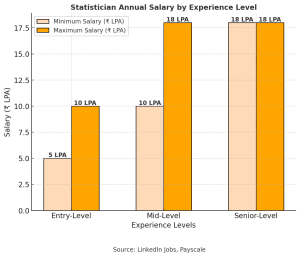

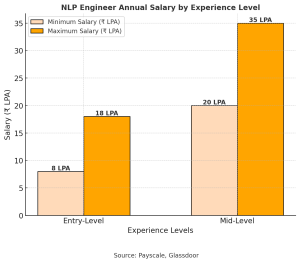

 Duration: 6–8 months intensive program
Duration: 6–8 months intensive program





















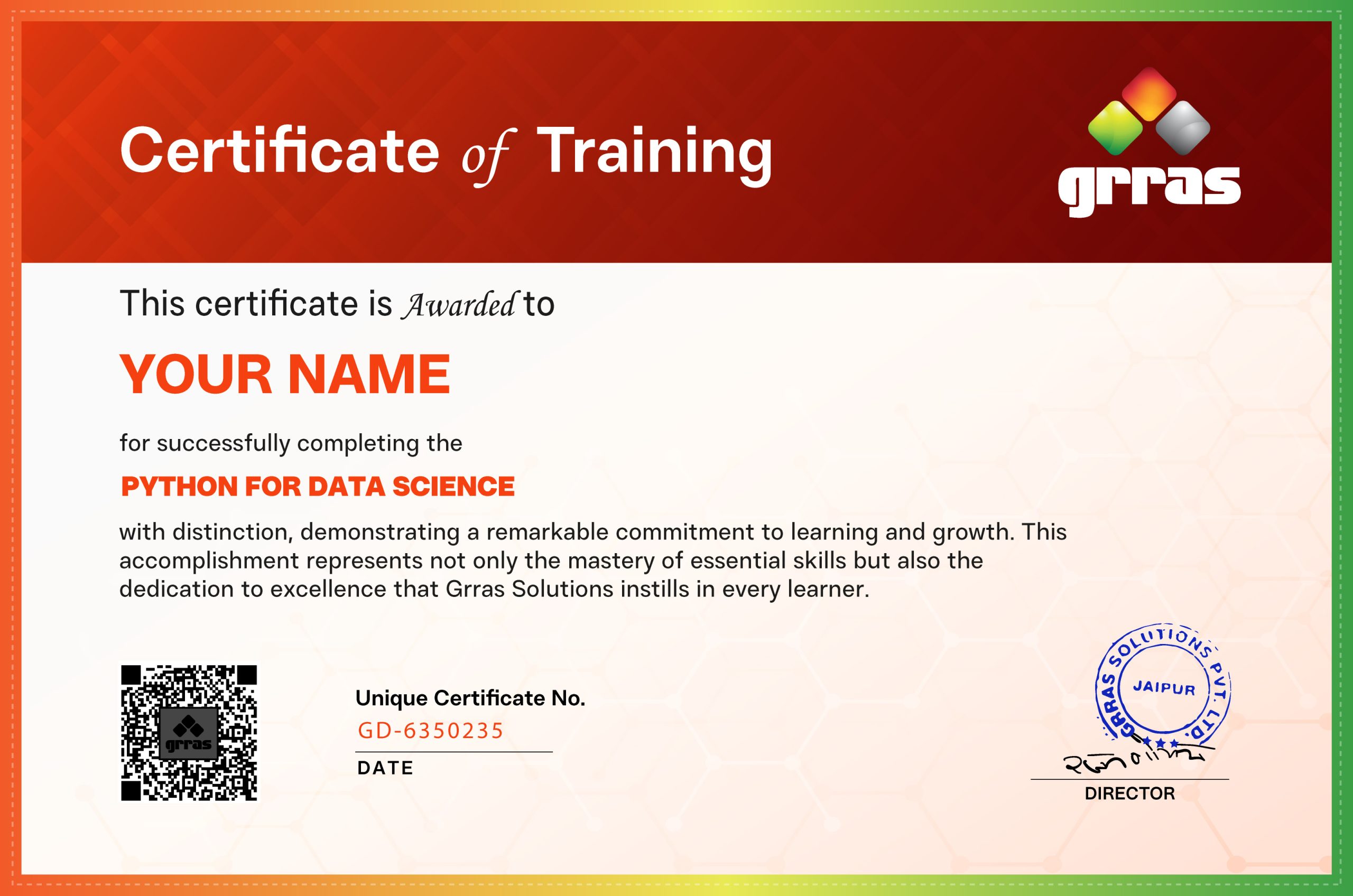

























 Day
Day

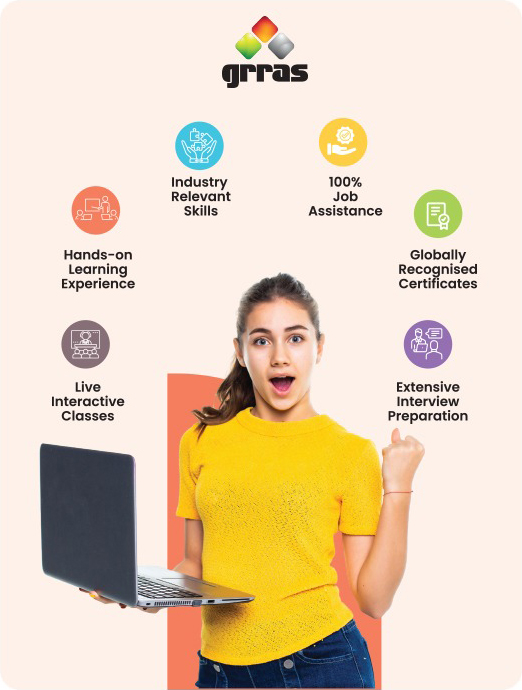
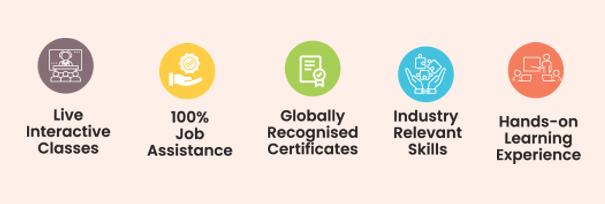

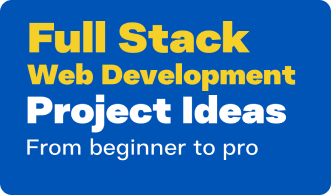





 Whatsapp us
Whatsapp us Call us
Call us





